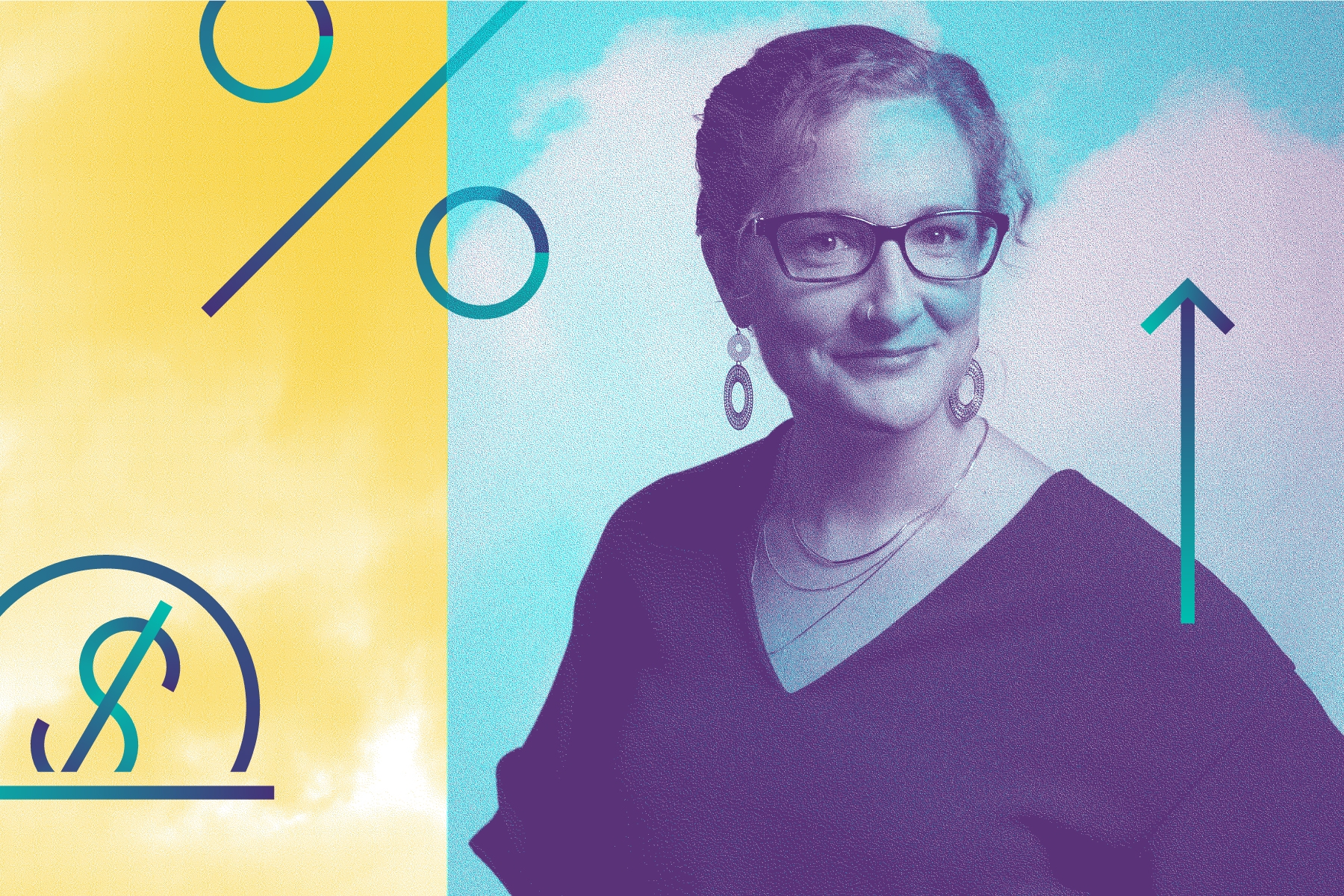
Farnoosh Torabi, editor at large at CNET, personal finance expert, and author, joined Morningstar’s Christine Benz and Jeff Ptak on The Long View podcast. Here are her top seven tips for financial success, edited from her conversation.
1. Prioritize Your Savings.
I think that the best advice is not new. It’s something that I have been utilizing myself since the very beginning, and it goes back to prioritizing your savings as opposed to saving once you've finished spending at the end of the month. Pay yourself first as soon as you get paid, whatever you can, 5%, 10%, and set it to automatically move to a checking account or a savings account. There are also apps that you can use to do this, and track your savings journey. Little by little, these incremental saving opportunities amount to a lot.
As human beings, we don’t like to save. We prefer to spend because it’s more gratifying in the moment. So to make it as effortless and painless as possible, automate your saving. And certainly, you can adjust this as your pay fluctuates. There might be months where you’re making less or more. Being on top of that, and adjusting that savings rate to better accommodate where you are in your life is really key.
2. As Inflation Soars, Ask for Financial Help.
We have high inflation, and wages are not keeping up. Being your own financial advocate is really important, and this includes speaking at work, or with your billers. And if you need financial help, ask for financial help. Remember, it’s not going to just show up at your doorstep.
At work, it may mean that you talk to your employer about increasing your pay by asking for a raise. That’s not a short-term, or overnight win. But it is important to start having those conversations, or looking for a job that will pay you more. One of the bright spots in the economy right now is still the employment market. I don’t know how long it’s going to last, but if you are not happy with your benefits and how much money you are making, and you have not been able to have a successful conversation with your boss about that, start looking around.
3. Make Your Billing Dates Work with Your Lifestyle.
I don’t know how long it’s going to last, but I think the power is still tilting in workers’ favor. One example is increased unionizing. Now's the time for you to use the situation to your advantage.
Take bill payments, as an example. Many consumers don’t even know that they can adjust their billing dates. If all of your bills come due on the 15th of the month, that’s hard no matter who you are, but having all of your money going out on one single day, especially if you’re a freelancer or a contractor, can be very, very hard. But it doesn't have to be this way. There are certain things that you can adjust to give more wiggle room in your budget. You can sometimes just go on the website and change the due date for the bill. It still has to get paid within the month, but it doesn’t have to always be on the 15th, it could be on the 20th or 25th.
4. Don’t Discount the Power of Discount Shopping.
You should always shop for a discount. Right now, because retailers are struggling, and department stores especially have a lot of excess, you can get good deals. It does pay to research and shop around and comparison shop. Use as many tools available to you to get those discounts, whether it’s an app, a widget, or coupons.
The common theme here is leaning into technology. Whether it’s an app or an automation that you can take advantage of to build more flexibility and accessibility in your financial life, it is usually a good thing, I think.
5. Spend Mindfully.
Mindful spending seems like such a simple exercise. Like, of course, I want to only spend on the things that I care about, and we think we’re doing just that. But the truth is, especially young people that are coming out of the gate, whether that’s out of college or their parents’ house, they quickly jump into a job and start to accumulate bills and then they realize six months or two years in that they have nothing to show for it.
They feel like they're not building towards anything that’s meaningful to them, but just going through the motions of financial adulting. They're grateful to be able to pay the bills. But above and beyond, they don’t feel like they're building wealth. They think 'I used to go on vacations, or I used to paint, or I used to do all these things that I don’t do anymore - what’s going on?'
I think what was missing was a moment where they didn’t stop and think, okay, I have this opportunity, I have a job now, I’m making money. I have, for the first time in my life, maybe this opportunity to design my life in a way that really speaks to me - that's where mindful spending comes in.
6. Have Meaningful Financial Goals, and Don't Forget Retirement!
The questions that you really need to ask yourself before you start spending are:
- Where do I want to be this time next year?
- What are my goals?
- What’s actually important to me?
- If I could think about when I was younger and the things that brought joy to my life or made me happy, what were those things?
- And are there ways that I can reincorporate them into my life?
Sometimes the answers don’t cost anything, sometimes they do. What do you want to invite into your life that would help you feel successful – not just successful on paper, but really successful inside, that you feel like you’re really doing you - that's the exercise.
We think it’s so easy, but it’s not, because life is so distracting, and life moves so quickly. It’s very hard to make decisions. We also have so many choices that we can feel overwhelmed by the choices. This exercise is really about reining it in, and this is meant to be mainly a solo exercise. Of course, if you have a partner, invite them into this exercise. But this is not something where everybody gets to have an opinion. It’s about taking a moment for yourself and figuring out what’s important to you.
I always say that money is meaningless without goals, but goals carry price tags. So it’s important, as you’re thinking about what brings you fulfillment and what your goals are, to understand the costs associated with them. But the good news is that you’re seeing this, and it’s a plan in the future. What can you do now to engineer those goals coming true?
7. Afford Yourself Options in the Future.
Who doesn’t want options and who doesn’t want to have money in the future to afford those options? There is some merit to refocusing the message, and using the words that really hit this demographic where it means something. I see on social media a lot of terms like affording your freedom, financial freedom. What really resonates is this concept of having financial agency and power
If you’re a marketer, like a financial company, you need to be paying attention to that because that’s how a lot of the financial influencers online are connecting to their audiences. They’re talking about quitting their jobs and retiring on their own terms.
It’s not just having a bunch of money saved by 40 and then sitting on a beach. No. It could just mean that even if you’re working for an employer, ou have so much money of your own that you could quit if you wanted to, you could take two years off if you wanted to. You have the financial license to do what you want to do. There's a lot of power to that.




















